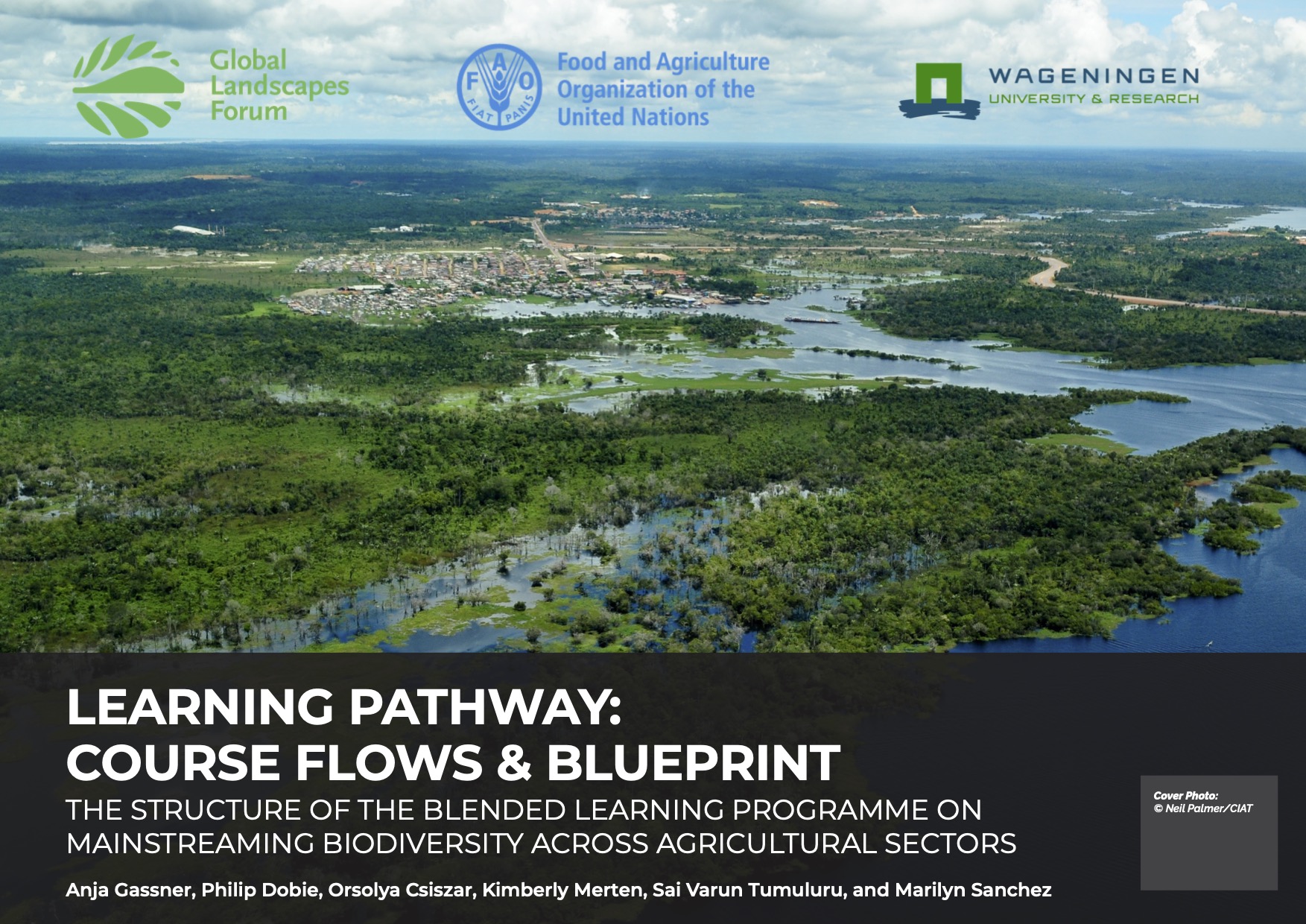Multi-stakeholder forums (MSFs) are, by definition, organized attempts at collaboration. Given the current interest and investment in MSFs in development and conservation circles, CIFOR worked with subnational MSFs organized for more sustainable land and resource use in Brazil, Ethiopia, Indonesia, and Peru. Research revealed that although much optimism is placed on MSFs, their organizers believed their forums fostered equity simply by inviting more actors to the table and thus placed little effort on addressing the power inequalities between their participants. Recognizing this challenge, and taking lessons from adaptive collaborative management, CIFOR researchers embarked on a collaboration with MSF participants to develop an adaptive and reflexive learning tool to allow forum participants to monitor and reflect on their work. The purpose of this reflection is to learn from the past, consider progress and obstacles to further progress, and collectively plan how to achieve the MSF’s goals in the future. The chapter presents a synthesis of the research findings that led to tool development, the tool’s development process, and the effort to use ACM more effectively in participatory monitoring.
Download:
DOI:
https://doi.org/10.4324/9781003197256-13
Altmetric score:
Dimensions Citation Count:

Publication year
2021
Authors
Sarmiento Barletti, J.P.
Language
English
Keywords
forest management, community forestry, community involvement, landscape conservation, sustainable development, stakeholders
Geographic
Brazil, Peru, Ethiopia, Indonesia
























